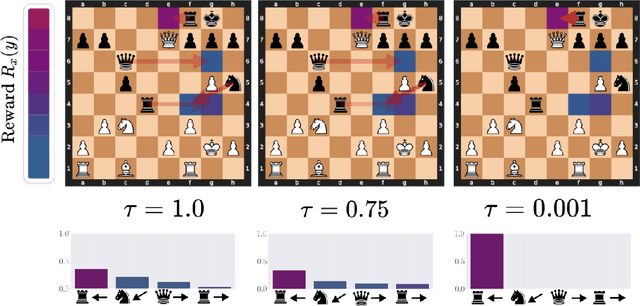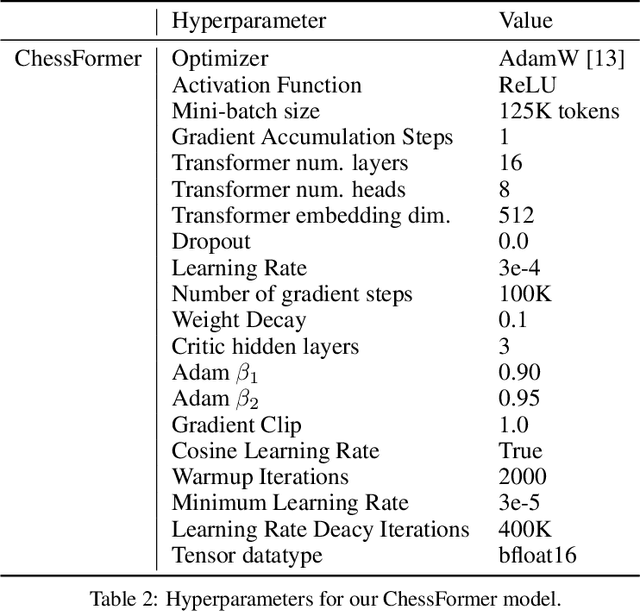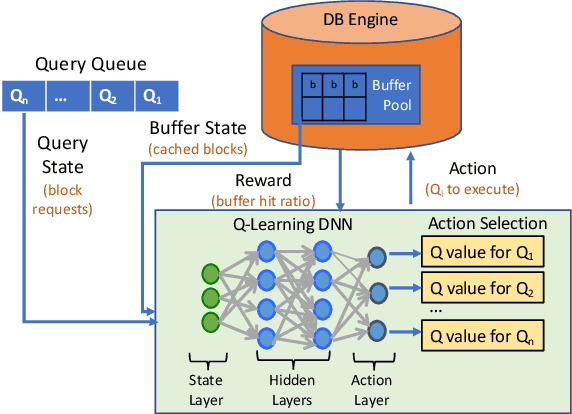Anat Kleiman
Soup to go: mitigating forgetting during continual learning with model averaging
Jan 09, 2025Abstract:In continual learning, where task data arrives in a sequence, fine-tuning on later tasks will often lead to performance degradation on earlier tasks. This is especially pronounced when these tasks come from diverse domains. In this setting, how can we mitigate catastrophic forgetting of earlier tasks and retain what the model has learned with minimal computational expenses? Inspired by other merging methods, and L2-regression, we propose Sequential Fine-tuning with Averaging (SFA), a method that merges currently training models with earlier checkpoints during the course of training. SOTA approaches typically maintain a data buffer of past tasks or impose a penalty at each gradient step. In contrast, our method achieves comparable results without the need to store past data, or multiple copies of parameters for each gradient step. Furthermore, our method outperforms common merging techniques such as Task Arithmetic, TIES Merging, and WiSE-FT, as well as other penalty methods like L2 and Elastic Weight Consolidation. In turn, our method offers insight into the benefits of merging partially-trained models during training across both image and language domains.
Transcendence: Generative Models Can Outperform The Experts That Train Them
Jun 17, 2024



Abstract:Generative models are trained with the simple objective of imitating the conditional probability distribution induced by the data they are trained on. Therefore, when trained on data generated by humans, we may not expect the artificial model to outperform the humans on their original objectives. In this work, we study the phenomenon of transcendence: when a generative model achieves capabilities that surpass the abilities of the experts generating its data. We demonstrate transcendence by training an autoregressive transformer to play chess from game transcripts, and show that the trained model can sometimes achieve better performance than all players in the dataset. We theoretically prove that transcendence is enabled by low-temperature sampling, and rigorously assess this experimentally. Finally, we discuss other sources of transcendence, laying the groundwork for future investigation of this phenomenon in a broader setting.
Buffer Pool Aware Query Scheduling via Deep Reinforcement Learning
Jul 21, 2020


Abstract:In this extended abstract, we propose a new technique for query scheduling with the explicit goal of reducing disk reads and thus implicitly increasing query performance. We introduce \system, a learned scheduler that leverages overlapping data reads among incoming queries and learns a scheduling strategy that improves cache hits. \system relies on deep reinforcement learning to produce workload-specific scheduling strategies that focus on long-term performance benefits while being adaptive to previously-unseen data access patterns. We present results from a proof-of-concept prototype, demonstrating that learned schedulers can offer significant performance improvements over hand-crafted scheduling heuristics. Ultimately, we make the case that this is a promising research direction in the intersection of machine learning and databases.
 Add to Chrome
Add to Chrome Add to Firefox
Add to Firefox Add to Edge
Add to Edge